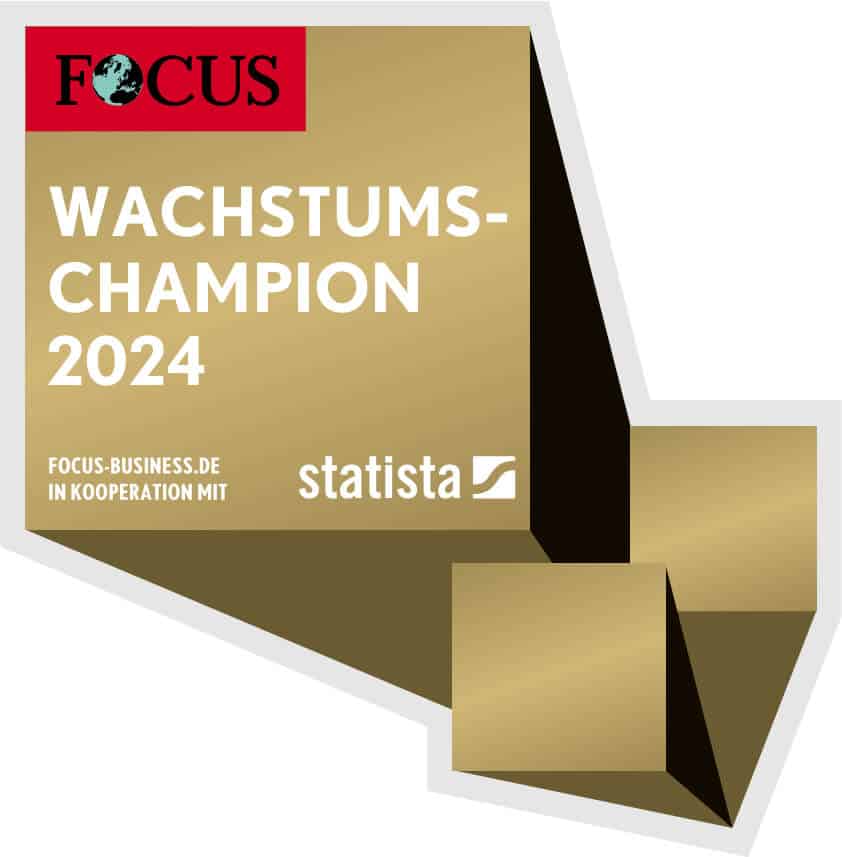There are few things that reflect corporate culture as clearly as internal corporate communication. Do employees have to make an appointment with the secretary weeks in advance to speak to the boss or can they knock directly on the door? Does every level of the hierarchy first have to give their opinion on an idea or is there courage for creative innovation in the company? Internal corporate communication is not only an important factor in employee recruitment, satisfaction and retention, but also makes a decisive contribution to the company's innovation potential. External and internal corporate communication can hardly be separated from one another.
Communication culture is corporate culture
The state of internal communication in companies can often be seen in the room layout. While in young tech companies like Zappos While it is common for the boss to sit in an open-plan office (at least some of the time) and thus be accessible to everyone, traditional corporations prefer to have an executive floor and a corner office for top management.
While some stand for networked working in every respect, hierarchical levels continue to play a major role for others. This also shows how managers lead: traditional-hierarchical with clear guidelines and a top-down command structure or Open and democratic with employee participation in important company decisions.
From hierarchy to networking
Today, the trend is increasingly moving towards an open and networked communication culture in companies. Digitalization, with its disruptive changes and technological developments, has ensured that speed has become a decisive success factor alongside creativity and innovation. Hierarchies only slow things down: if a new idea is first approved by all levels and then watered down, the potential for innovation is lost - and a former early bird has the worm clawed away by someone else.
What has long been common practice in start-ups is now also reaching large companies: Short hierarchies and quick decisions get the elephants moving.
Digitalization is revolutionizing internal corporate communications
Digitalization is not only putting pressure on internal communication channels through accelerated markets, but is also changing internal corporate communication itself. Social intranets and social collaboration tools not only make communication more efficient and faster, they also make it more transparent. Technological innovations also enable a democratization of corporate culture, for example: votes on strategic decisions, even on Managers like at Haufe-umantisare now possible and are actually being implemented.
Learning from mistakes
Transparency is becoming a key component of internal corporate communication. This also applies to dealing with mistakes. While hierarchical management cultures ensure that mistakes are covered up for fear of sanctions, modern companies strive for an open approach. After all, a learning process is only possible if mistakes are openly admitted, communicated and analyzed. The entire company benefits from this: On the one hand, mistakes can be rectified, and on the other, openness also ensures that others do not make the same mistake again.
"Wrong" communication culture leads to undesirable developments
The fatal consequences it can have for the entire company when a strictly hierarchical management style promotes cowardice and silence can be seen in the Example VW. Insiders characterized the management style of ex-VW manager Winterkorn to various media with the keyword "military". An open culture of criticism was prevented by Winterkorn's management style.
As a result, the employees participated in the illegal emissions manipulations according to the motto "see nothing, hear nothing, say nothing" instead of acting on their own responsibility and articulating - and denying - the violations of the law. The consequences:
- Billions in compensation payments in closed settlements are causing the Group problems.
- As a result of the emissions scandal, VW suffers a drop in sales.
- A VW manager is charged in court in the USA: The charges are conspiracy to defraud and violation of environmental laws. He faces up to 169 years in prison. Other managers are under investigation. However, because they are in Germany, it is difficult for the US authorities to gain access.
However, it is questionable how serious Volkswagen is about the new management style. The new manager Matthias Müller is a close confidant of Winterkorn and former manager of the VW subsidiary Porsche, who can hardly be regarded as an outsider. A breath of fresh air is unlikely to blow.
Deliver internally what is promised externally: Personnel recruitment and management
Just how closely internal and external corporate communication are linked is also shown by the relevance that social networks have for both internal communication management and customer contact, As I have already explained in the article on external corporate communications.
This interlinking is particularly evident in personnel recruitment and employee retention. While employer branding measures are part of external communication, the dialog between managers and employees, which ranges from day-to-day personnel management with consultations, instructions, coaching and support with tasks through to employee appraisals, is clearly part of internal corporate communication.
Nevertheless, these areas cannot be separated from each other. In the area of personnel recruitment and management, it is particularly important that a consistent image is conveyed that is then also implemented in practice. After all, what is the point of a company attracts well-qualified specialists with skillful employer branding if they are disappointed after a short time in the company and look for alternatives? The result will be high staff turnover. Disillusioned former employees may even become negative advertisers for the employer brand.
Satisfied employees become advocates of the employer brand
Fortunately, this also works in the other direction: companies that deliver internally as an employer what they have promised in advance and assess their employees based on the criteria they have previously defined will have satisfied employees. They are the best advertisement for the employer brand: ideally, they tell their friends and acquaintances about their job and spread their positive opinion via social networks. Such honest and authentic praise is worth its weight in gold for employers. No advertising campaign, no matter how well thought out, can achieve a similarly credible result. It is then the task of marketing and HR to spread these positive stories and use them to attract new employees. This reputation management (now also referred to as Employer Reputation The focus is therefore not on future employees, but on existing employees. This also sends the signal that their work is valued. In contrast to employer branding, which is aimed exclusively at new employees, the concept of employer reputation also has a motivational function.
Internal corporate communication is a matter for employees and managers
So what should internal corporate communication look like so that it
- Employees motivated?
- promotes the development of a positive employer brand?
- Innovations made possible?
- Creates space for creativity?
Decisive for this are
- Transparent information policy
- Open error culture
- democratic management style
- Possibility of co-determination in decisions
It is the responsibility of managers and employees to create a culture of open communication. Management must have an open door and an open ear for ideas, suggestions and criticism from employees. They, in turn, are obliged to articulate criticism and act on their own responsibility. This is the only way for companies to develop positively.
(Cover image: © bernardbodo | fotolia.com)

